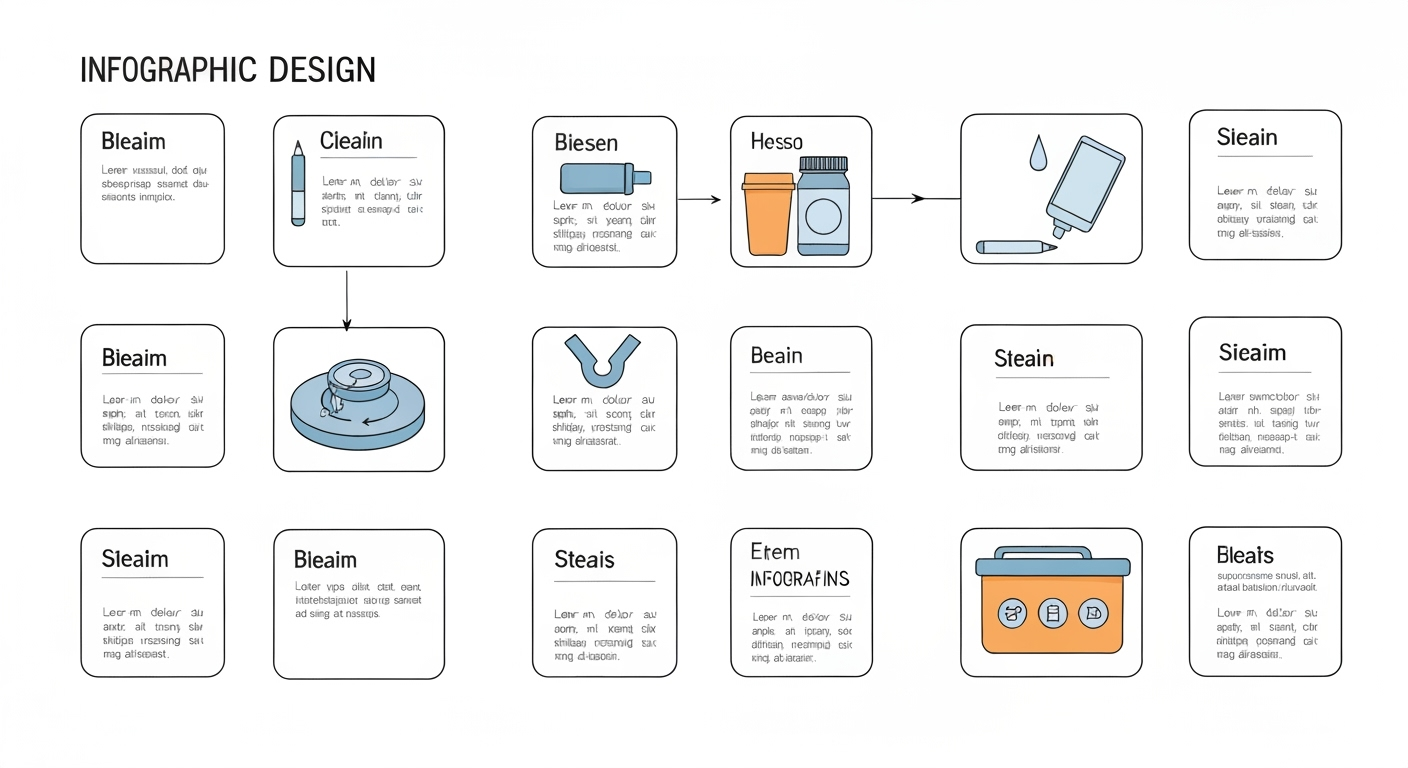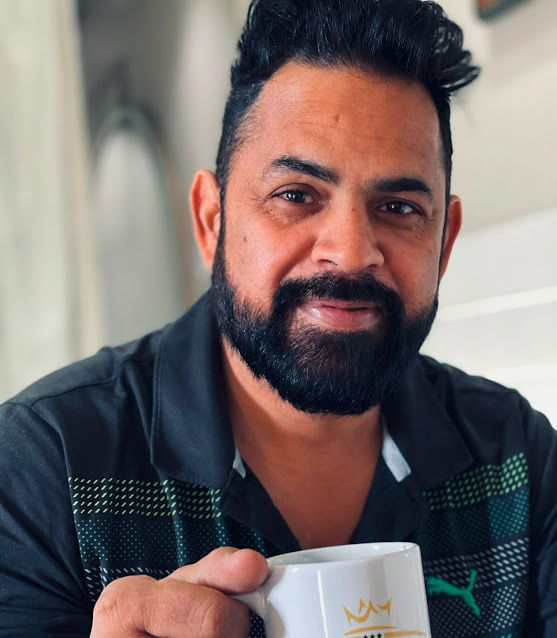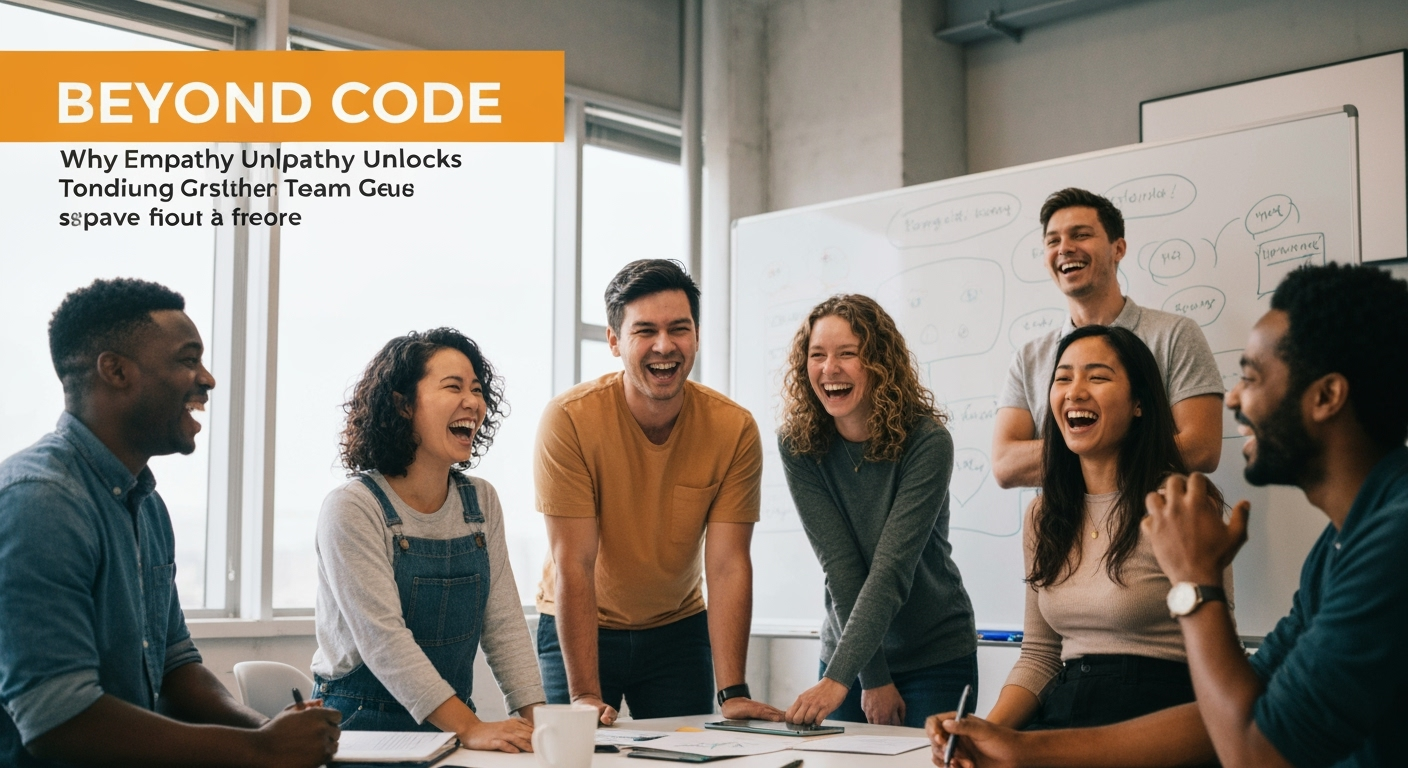Bridging Generations: Empathy & Adaptability for All
<
Generations: A Symphony
The modern workplace is a vibrant tapestry, isn't it? You've got the seasoned wisdom of veterans, the dynamic energy of millennials, and the fresh perspective of Gen Z. Each generation brings its own rhythm, its own unique beat. But sometimes, these different rhythms can feel a little... off-beat. It's like trying to conduct an orchestra where half the musicians are playing jazz and the other half classical.
Over the years, running IndiaNIC and working with incredible teams globally, I've seen this dynamic up close. The challenge isn't about one generation being 'better' than another. It's about understanding, connecting, and ultimately, harmonizing these diverse voices into a powerful, unified chorus. And that, my friends, comes down to two big words: empathy and adaptability.
We’re not just managing teams; we’re leading people. Real people, with real experiences, shaped by the times they grew up in. How do we make sure everyone feels valued, heard, and excited to contribute? It’s a journey, not a destination, but one I believe we can navigate together.

Empathy: The Core Connection
Empathy is your superpower here. It’s not just about understanding; it’s about *feeling* what it might be like to walk in someone else's shoes. For veterans, their career paths often involved a more linear climb, a deep sense of loyalty to one or two organizations. For millennials, it's about purpose, work-life balance, and continuous growth. Gen Z? They're digital natives, driven by impact, authenticity, and often, a desire for rapid feedback and flexible work environments.
Success Story: I remember working with Michael from Toronto, a seasoned CEO whose company was struggling to retain its younger talent. We helped them implement a mentorship program, pairing experienced leaders with Gen Z recruits. Michael, initially skeptical, saw a complete shift. "Sandeep," he told me, "seeing our young developers like Rohan from Pune learn from our veterans, and then seeing those veterans embrace new tech from the Gen Zers – it was magic. Empathy opened both sides up."
This isn't about pandering; it’s about respect. It’s about recognizing that different life stages and societal shifts create different priorities and communication styles. When we approach each interaction with genuine curiosity rather than judgment, the walls start to come down.
Here's a funny one: Our client, Sarah from Sydney, once told me her team meeting felt like a bad Wi-Fi connection – lots of buffering and dropped calls between generations. "I asked a Gen Zer for a 'deck'," she said, "and they asked if I meant a Spotify playlist!" We all had a laugh, but it highlighted the communication gap. What's your favorite generational communication mishap? Share in the comments!
Adaptability: Your Agile Mindset
Once you’ve got that empathetic base, adaptability is the next crucial step. The world isn't waiting for us to catch up; it's constantly evolving. As leaders, we need to model this flexibility. This means being open to new tools, new ways of working, and new perspectives. For some, 'doing things the way we've always done them' is a comfort zone. For others, 'doing things differently' is the only way forward.
Experience Story: Our design lead, Jigar from Ahmedabad, was a master of traditional UI/UX. When our client, Anna from Amsterdam, requested a highly interactive, AR-driven app interface, Jigar felt a bit out of his depth. But instead of pushing back, he embraced it. He started pairing with our younger developers, like Priya from Bangalore, who had grown up with these technologies. He adapted, learned, and together, they delivered an award-winning experience. It taught us that adaptability isn't about abandoning the old; it's about integrating the new.
This isn't just about tech. It's about leadership styles. Maybe it's shifting from a top-down approach to a more collaborative, agile one. It might mean rethinking your feedback mechanisms – Gen Z often thrives on continuous, bite-sized feedback, while veterans might prefer more structured, annual reviews. Can you think of a time you had to adapt your leadership style for a specific team member?
The magic happens at the intersection of diverse perspectives, not in their isolation.
Cultivating an environment where everyone feels safe to share their ideas, regardless of their age or experience, is paramount. This means actively seeking out diverse opinions and creating channels for open dialogue. It’s about building bridges, not walls. What's one small change you can make this week to foster more cross-generational collaboration?
Story time: We had a complex project for Marcus from Berlin, a high-stakes e-commerce platform. Our senior architect, Mihir from Hyderabad, was brilliant, but sometimes struggled with the rapid iterations preferred by the younger front-end team. I encouraged them to swap roles for a day – Mihir to try a sprint planning session with the Gen Z team, and a junior developer to sit in on a high-level architecture review. The mutual understanding that followed was incredible. They saw each other's challenges and constraints. Have you ever tried role-swapping with your team?
Communication: The Golden Thread
Effective communication is the golden thread that weaves empathy and adaptability together. It means being clear, concise, and choosing the right channel. A quick Slack message might be perfect for one team member, while a face-to-face chat is better for another. Active listening is key here – truly hearing what someone is saying, and what they *aren't* saying.
Experience Story: Our client, Saeed from Dubai, was launching a new fintech product and needed our teams to be perfectly aligned. We had a mix of senior developers like Kushal from Indore and younger data scientists. Communication became a bottleneck. We introduced a 'communication charter' – simple guidelines on preferred channels, response times, and meeting etiquette. It wasn't about rigid rules, but about setting expectations. The result? Smoother handoffs, fewer misunderstandings, and a much happier team. What communication strategies have worked best for you in a multi-generational team?
Sometimes, it's just about asking. "How do you prefer to receive feedback?" "What's the best way for me to share updates with you?" These simple questions can unlock so much potential. It shows you care, and you're willing to meet people where they are. And sometimes, a little humor goes a long way.
Here's a funny one: My dad (a veteran, bless his heart) once asked me, "Sandeep, what's a 'meme'? Is it like a particularly funny pigeon?" I had to explain that while some memes feature animals, it's more about internet humor. It reminded me that even outside work, we're constantly bridging gaps in understanding. What's the funniest question you've been asked about tech or work culture?
Cultivating a Culture of Inclusivity
Ultimately, bridging generations isn't just a management task; it's about building a culture. A culture where everyone feels they belong, where their unique contributions are celebrated, and where learning flows in all directions. It’s about creating psychological safety, so a Gen Zer feels comfortable challenging an idea from a veteran, and a veteran feels comfortable asking a Gen Zer for help with a new app.
Success Story: Jennifer from Seattle, CEO of a growing tech startup, engaged IndiaNIC to help scale her engineering teams. Her biggest concern was maintaining her inclusive culture as they grew. We helped her implement 'reverse mentorship' programs, where junior team members mentored senior ones on emerging tech and social trends. "It flipped the script," Jennifer shared. "My senior engineers, like Brinda from Udaipur, learned about TikTok marketing from our interns, and the interns gained invaluable career advice. It was a true win-win!"
This approach transforms potential friction points into growth opportunities. It makes your team more resilient, more innovative, and frankly, a lot more fun to be a part of. What's one initiative you could introduce to boost inclusivity in your team?
Your Legacy, Our Future
Leading across generations is a privilege. It’s an opportunity to shape not just a project outcome, but a person’s career, and ultimately, the future of your organization. By embracing empathy and practicing adaptability, we can turn a diverse group of individuals into an unstoppable force.
So, let's keep the conversations going. Let's learn from each other. Let's build teams where every generation feels empowered to bring their best selves to work. What's your biggest takeaway from leading multi-generational teams? I'd love to hear your insights!









